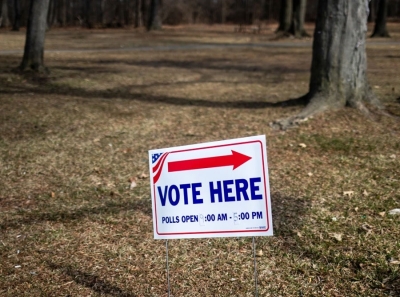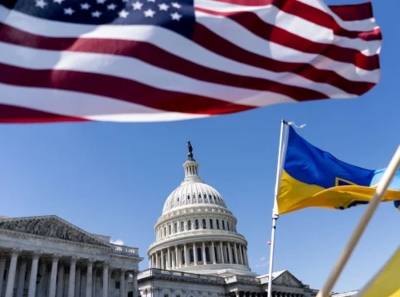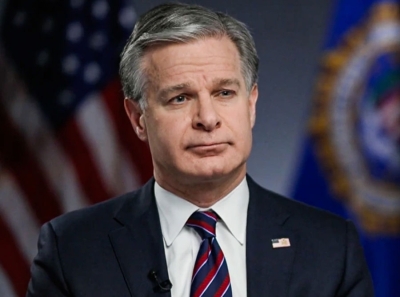“Criminals and terrorists will soon have a hard time using Bitcoin for their schemes”, says co-rapporteur Assita Kanko who together with Ernest Urtasun from the Greens negotiated new rules on cryptoassets which will be voted on in the European Parliament tomorrow. According to Kanko, the “crypto sector has been hit by high-profile scandals and bankruptcies in the past. More and more people therefore understand that cryptocurrencies need normal regulation.”
When buying and selling crypto-assets, personal data will soon have to be exchanged even for small amounts of money as this is common for bank transfers already. “However, a threshold of just €1,000, as used for bank transfers, is really quite meaningless in the world of cryptocurrencies. It is often the small amounts that hide crime. We have seen evidence of terrorist fundraising with amounts of around €100. We’ve seen evidence of payments to child pornography websites of 10 or 20 euros”, Kanko said in today’s plenary debate.
The so-called ‘travel rule’ is also extended to ‘unhosted wallets’, which are particularly difficult to trace when they interact with ‘hosted wallets’. “This is not fundamentally different from identifying yourself when making cash deposits or withdrawals from your bank account. The majority of the new rules have already existed for many years for the traditional banking sector”, Kanko explained.
The ECR Group supports the agreement as an important step forward in treating crypto as a normal sector of the economy.
“Our new European legislation does not say that cryptoassets are bad or good. Nor does it say that crypto owners and traders are bad or good. This legislation simply aims to regulate a sector that is still quite new and dynamic. But it takes a neutral approach to the merits of the sector,” added the ECR MEP.
“Together, the measures will make holding and trading crypto assets safer for ordinary citizens and more difficult for criminals, terrorists and sanctions evaders,” Kanko concluded.










